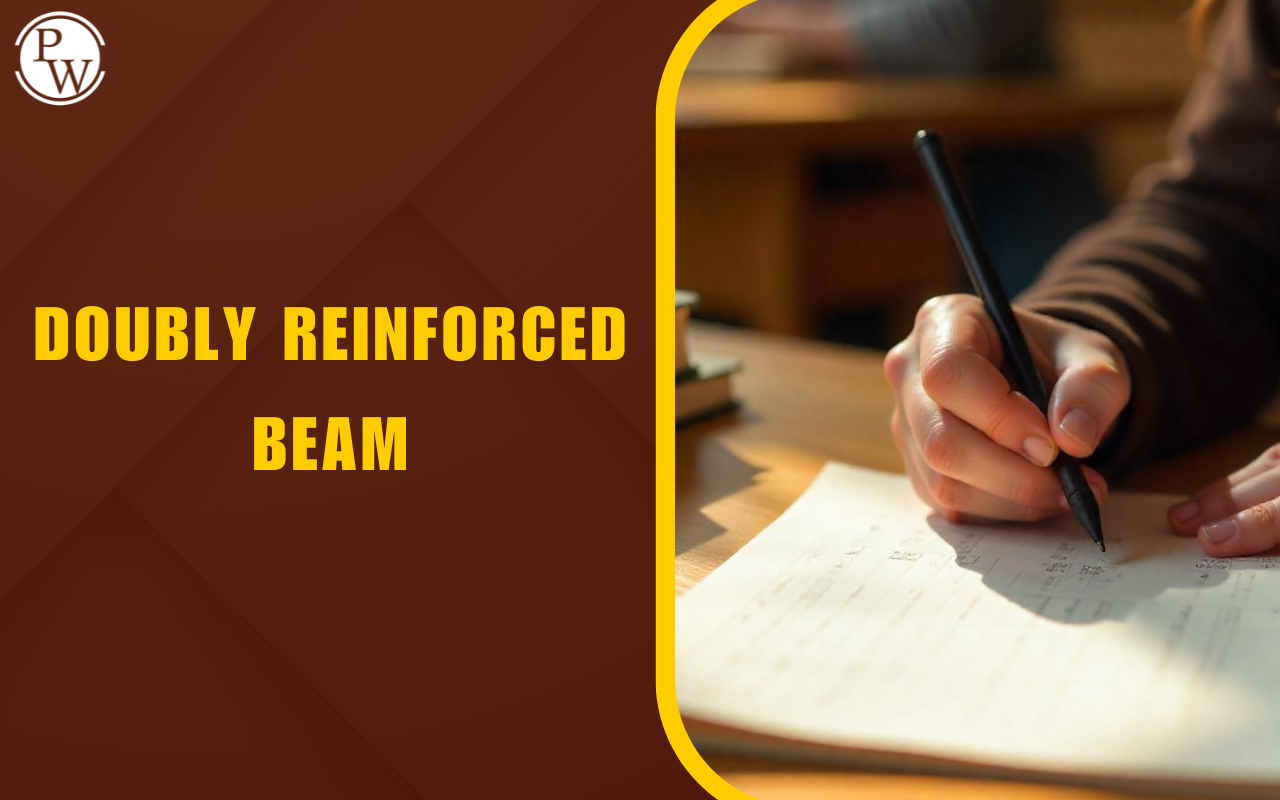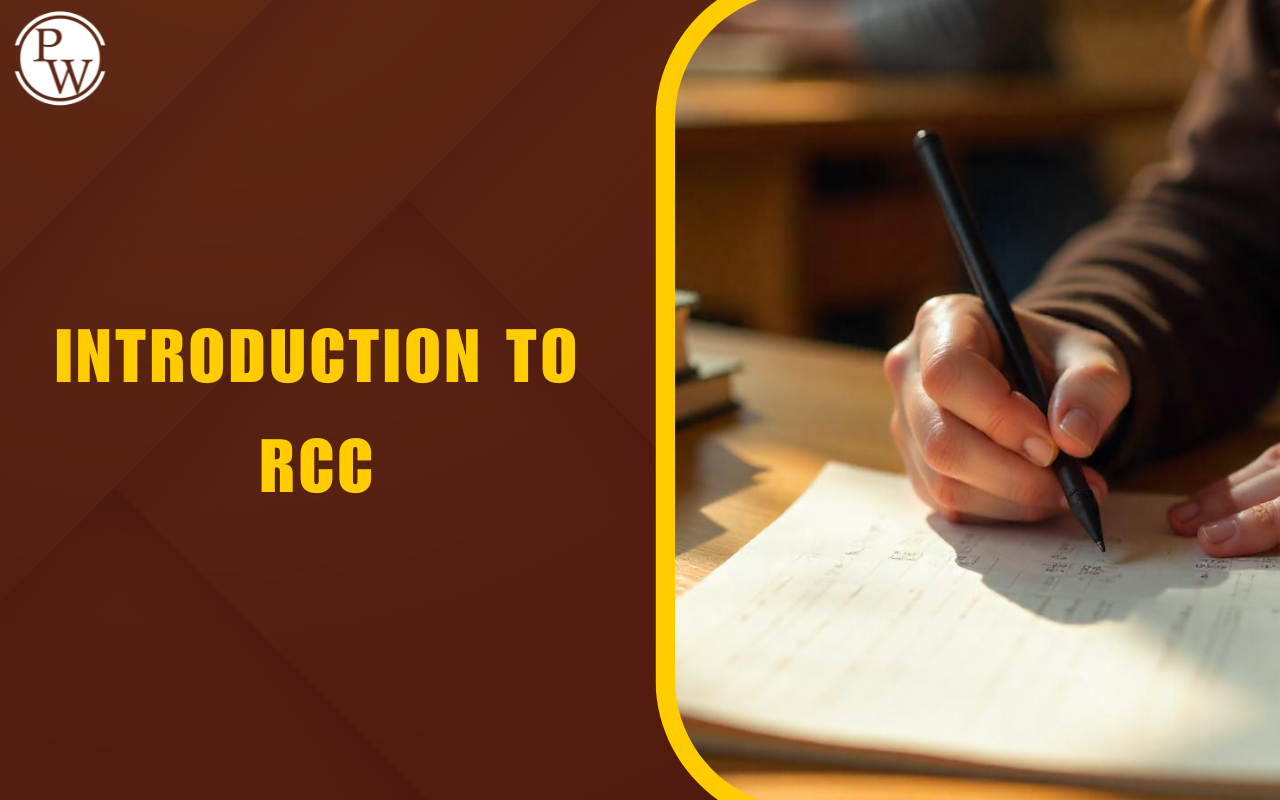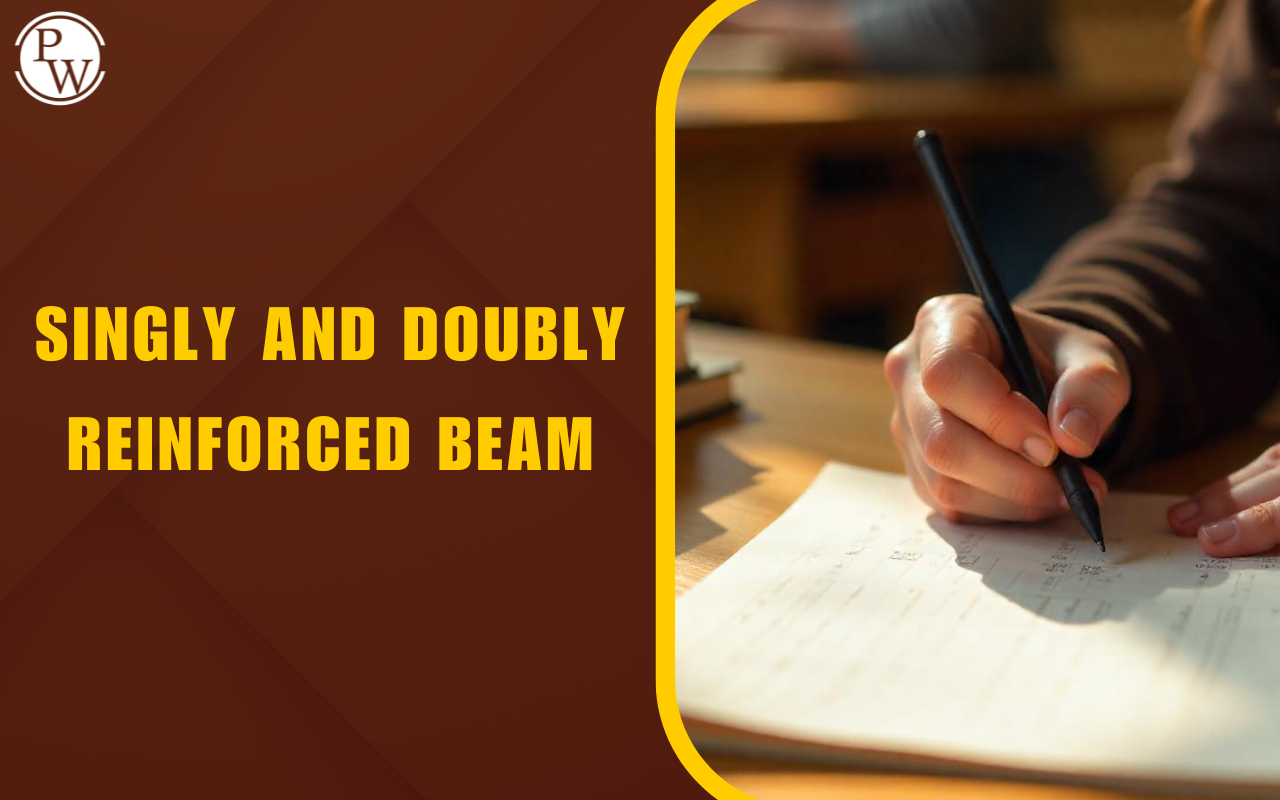
GATE Textile Engineering and Fibre Science Syllabus 2026: IIT Guwahati will host the Graduate Aptitude Test In Engineering in the year 2026. Those who are aspiring to appear for GATE 2026 examination for Textile Engineering and Fibre Science paper must go through the detailed syllabus and prepare an effective roadmap of preparation.
The GATE Syllabus for Textile Engineering and Fibre Science includes five sections such as Textile Fibres, Yarn Manufacturing, Yarn Structure, and Properties, and Fabric Manufacturing, Structure, and Properties, including Textile Testing and Chemical Processing.
Preparing in accordance with the syllabus is crucial for aspirants to maximize their chance of success in this challenging examination. We have outlined the comprehensive GATE TF Syllabus 2026 to aid the preparation of aspirants.
GATE Textile Engineering and Fibre Science Syllabus 2026
It is important to note that Engineering Mathematics and General Aptitude are expected to carry 13% and 15% weightage, respectively. Meanwhile, the primary subjects of the GATE Textile Engineering and Fibre Science syllabus are expected to carry around 72 percent of the overall Textile Engineering Syllabus. As a result, in order to ace the GATE 2026 TF Paper, aspirants must ensure that they study and cover all of the topics on time. Let's understand the detailed syllabus with important topics of all the sections below.
GATE Textile Engineering and Fibre Science Syllabus 2026 for General Aptitude
The aim of the GATE Textile Engineering and Fibre Science Syllabus 2026 for General Aptitude is to evaluate the aspirants' proficiency in essential skills and abilities that are important for engineering and research fields. It is divided into two parts, Verbal Ability and Numerical Ability. Refer to the table below to gain more insight regarding the same.
| GATE 2026 Textile Engineering and Fibre Science Syllabus for GA | |
| Verbal Ability | Numerical Ability |
| English grammar | Numerical computation |
| Sentence completion, Instructions | Numerical reasoning |
| Verbal analogies, Word groups | Numerical estimation |
| Critical reasoning, Verbal deduction | Data interpretation |
GATE Textile Engineering and Fibre Science Syllabus 2026 for Engineering Mathematics
The GATE Textile Engineering and Fibre Science Syllabus 2026 for Engineering Mathematics aim to evaluate aspirants' knowledge and understanding of mathematical concepts relevant to the field of textile engineering and fibre science. The syllabus covers various topics, including:
| GATE Textile Engineering and Fibre Science Syllabus for Engineering Mathematics | |
| Section | Topics |
| Linear Algebra | The Systems of Linear Equations and Matrices and Determinants, including Eigenvalues and Eigenvectors |
| Vector Calculus | Gauss and Green’s Theorems, Strokes and Gradient, Divergence, and Curl, Line, Surface, and Volume Integrals |
| Calculus | Limits, Continuity, and Differentiability, Partial Derivatives, Extrema of Functions, Sequences and Series, Convergence Tests, Fourier Series |
| Probability and Statistics | Measures of Central Tendency (Mean, Median, Mode), Standard Deviation, Random Variables, Probability Distributions (Poisson, Normal, Binomial), Correlation and Regression Analysis |
| Differential Equations | Linear and Nonlinear First-Order Ordinary Differential Equations (ODEs), Higher-Order Linear ODEs with Constant Coefficients, Cauchy's and Euler's Equations, Laplace Transforms, and partial differential equations (PDEs) - Laplace, Heat, and Wave Equations |
| Numerical Methods | Solutions of Linear and Nonlinear Algebraic Equations, Numerical Integration using Trapezoidal and Simpson's Rule, and Single and Multi-Step Methods for Solving Differential Equations |
GATE Textile Engineering Syllabus 2026 for Textile Fibres
The GATE Textile Engineering and Fibre Science Syllabus 2026 for Textile Fibres focuses on the classification, manufacturing, properties, blending, and identification of fibres used in textiles. It covers topics such as the classification of textiles and methods of investigating the fibre structure, among others, as explained below.
| GATE Textile Engineering and Fibre Science Syllabus for Textile Fibres | |
| Topics | Subtopics |
| Fibre Classification |
|
| Essential Requirements of Fibre Forming Polymers |
|
| Fibre Manufacturing Processes |
|
| Fibre Structure Investigation Methods | Density, X-ray diffraction, birefringence, microscopy (SEM and TEM) |
| Infrared (IR) spectroscopy, and thermal methods (Differential Scanning Calorimetry - DSC, Dynamic Mechanical Analysis - DMA, Thermogravimetric Analysis - TMA, and Thermogravimetric Analysis - TGA) | |
| Structure and Properties of Man-made Fibres | Morphology, mechanical properties, and moisture sorption |
| Fibre Structure-Property Correlation | Relationship between fibre structure and properties |
| Fibre and Blend Identification and Analysis Methods | Physical and chemical methods |
GATE TF Syllabus 2026 for Yarn Manufacture, Yarn Structure, and Properties
This section of the GATE Textile Engineering and Fibre Science Syllabus 2026 for Yarn Manufacture, Yarn Structure, and Properties covers topics such as principles of ginning, opening, cleaning, and blending, among others.
| GATE TF Syllabus for Yarn Manufacture, Yarn Structure, and Properties | |
| Topics | Sub-topics |
| Roller Drawing |
|
| Drawframe Autoleveller | Principles of Drawframe Autoleveller |
| Cotton Combing | Principles of cotton combing and Combing cycle and mechanisms |
| Ginning | Principles of ginning |
| Opening, Cleaning, and Blending | Principles of opening, cleaning, and blending |
| Carding Machines |
|
| Recent Advancements in Combing Machines | Recent advancements in the field of combing machines |
| Roving Formation | Principles of drafting, twisting, and bobbin construction |
| Recent Advancements in Roving Machine Technology | Recent advancements in roving machine technology |
| Ring Spinning |
|
| Other Spinning Processes | Spinning processes include compact, air-jet, air-vortex, rotor, friction, core, wrap, and twistless |
| Yarn Properties and Characteristics |
|
GATE TF Syllabus 2026 for Fabric Manufacture, Structure, and Properties
The GATE Textile Engineering And Fibre Science Syllabus 2026 for Fabric Manufacture, Structure, and Properties covers topics including weft knitted constructions like plain, rib, interlock, and purl, as well as different knit stitches like loop, tuck, and float. Check out all the important topics in this section below.
| GATE Textile Engineering And Fibre Science Syllabus for Fabric Manufacture, Structure, and Properties | |
| Topic | Subtopics |
| Winding Processes |
|
| Warping |
|
| Drawing-in Process | Principles of drawing-in process |
| Pirn Winding | Principles of pirn winding |
| Loom Mechanisms |
|
| Woven Fabric Constructions |
|
| Weft Knitting |
|
| Warp Knitting |
|
| Nonwovens |
|
| Braiding |
|
| Fabric Geometry and Characteristics |
|
GATE Textile Engineering And Fibre Science Syllabus 2026 for Textile Testing
The GATE Textile Engineering and Fibre Science Syllabus 2026 for Textile Testing covers a wide range of topics related to textile testing and evaluation. It covers subjects such as fabric qualities and testing, as well as the linear density of silver, roving, and yarn, as listed below.
| GATE Textile Engineering And Fibre Science Syllabus for Textile Testing | |
| Topics | Sub-topics |
| Sampling techniques for fibres, yarns, and fabrics |
|
| Moisture in textiles and fibre properties |
|
| Fabric properties and testing |
|
| Linear density of silver, roving, and yarn |
|
GATE TF Syllabus 2026 for Chemical Processing
The GATE Textile Engineering and Fibre Science Syllabus 2026 for Chemical Processing covers various aspects of chemical processes used in textile manufacturing. It includes topics related to fibre and fabric preparation, dyeing, printing, finishing, and pollution control.
| GATE Textile Engineering And Fibre Science Syllabus for Chemical Processing | |
| Topics | Sub-topics |
| Fibre and Fabric Preparation |
|
| Dyeing |
|
| Printing |
|
| Finishing |
|
| Pollution Control | Treatment of effluents generated during textile processing |
GATE Textile Engineering and Fibre Science Syllabus 2026 PDF
IIT Guwahati (IITG) will release the GATE Textile Engineering and Fibre Science Syllabus 2026 PDF on its official website, gate.iitg.ac.in. Candidates can download and refer to the previous year's GATE TF Syllabus PDF as the syllabus usually remains similar. A direct link to download the syllabus in PDF format for GATE 2026 TF Paper is attached here.
GATE Textile Engineering and Fibre Science Syllabus PDF
GATE TF Syllabus 2026 - Weightage of Sections
The GATE Textile Engineering and Fibre Science Syllabus 2026 Weightage provides a guide for applicants to effectively plan and dedicate their time and efforts to subjects according to their marking scheme, which boosts their chances of success in the GATE 2026 examination.
| GATE TF Section-Wise Weightage | |
| Section | Weightage |
| Core Subjects of the Textile Engineering and Fibre Science Syllabus | 72% |
| Engineering Mathematics | 13% |
| General Aptitude | 15% |
Elevate your GATE readiness with Physics Wallah’s GATE Online Courses . PW GATE Online Coaching offers comprehensive live sessions tailored to the syllabus, invaluable study materials, practice tests, and much more.
GATE Textile Engineering and Fibre Science Syllabus 2026 FAQs
Q. What is the GATE Textile Engineering and Fibre Science syllabus 2026?
Q. How to study online for GATE 2026 Textile Engineering?
Q. How lengthy is the GATE TF Syllabus 2026?
Q. Which GATE Textile Engineering and Fibre Science Syllabus section carries the highest weightage?
Q. How much time is required to complete the GATE TF Syllabus 2026?









